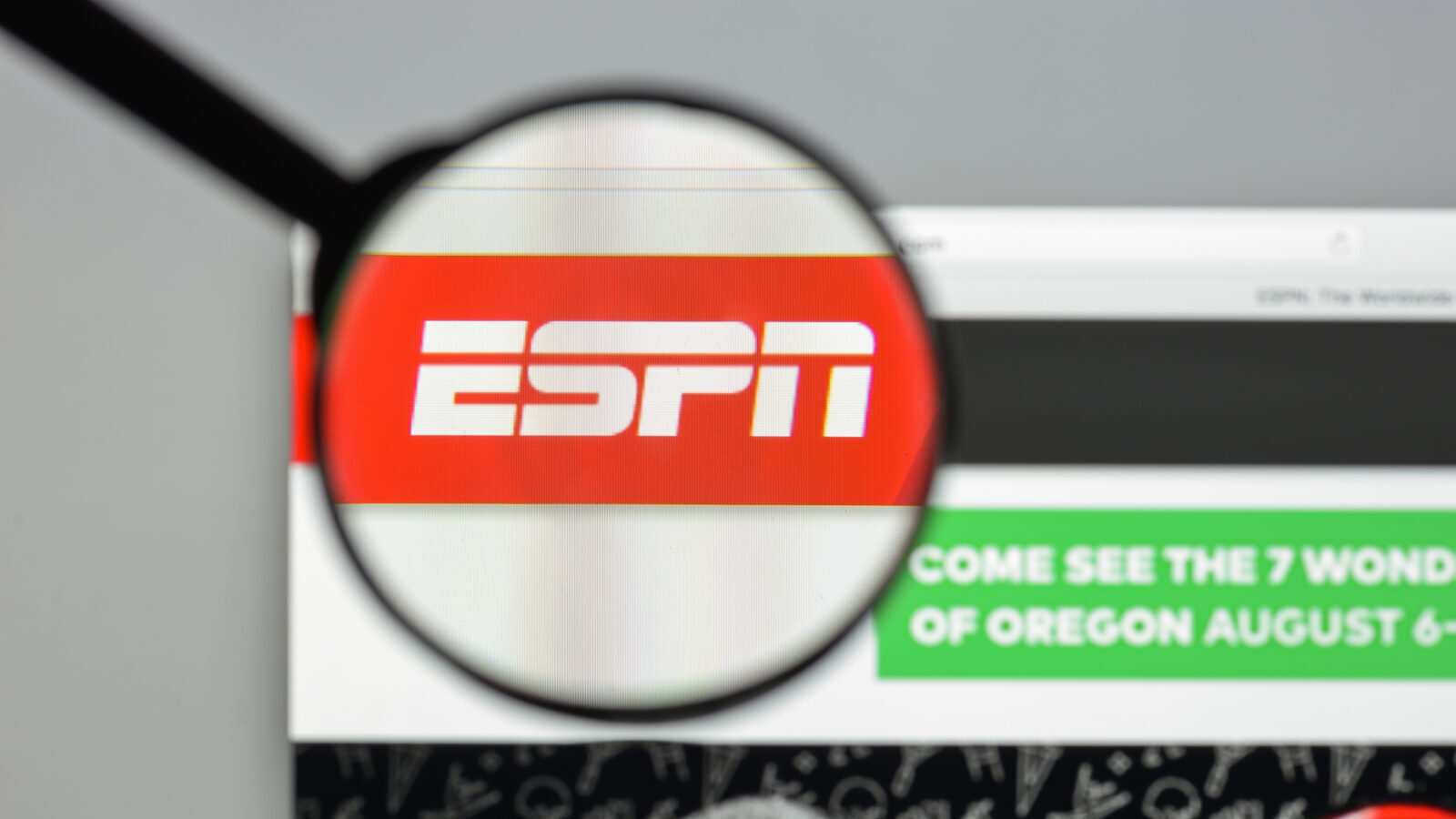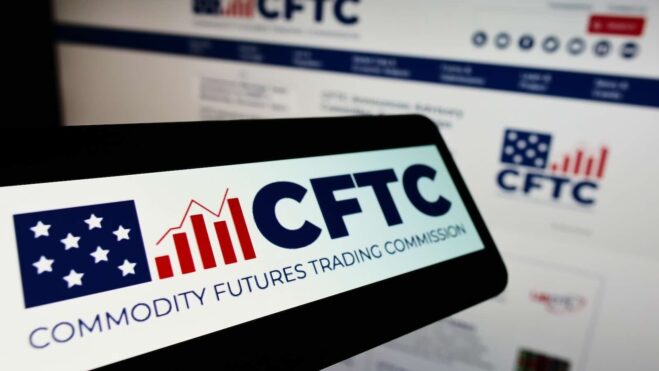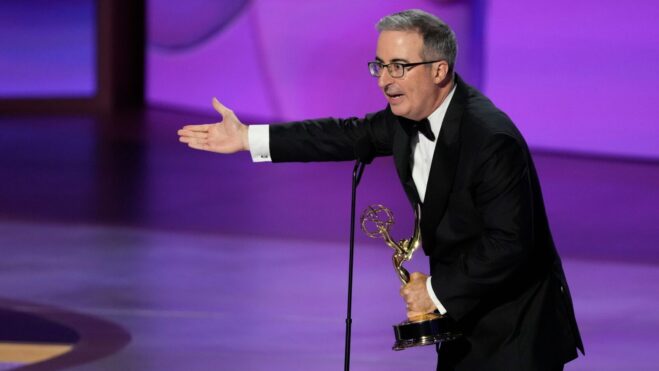Rece Davis’ ‘Risk-Free’ Blunder, And The Downside Of Taking Gambling Mainstream
On live TV, a non-gambling guy was placed in a gambling conversation, and a phrase slipped out that gambling industry folks know not to use.
3 min

By uttering the words “what it is, is risk-free investment,” Rece Davis just happened to remind viewers, his employers, and the gambling industry that every investment comes with risk.
In this case, the investment — financial, spiritual, emotional, otherwise — in pushing gambling into the mainstream conversation resulted in, at least momentarily, a backfire.
The ESPN brand is attached to a mobile sportsbook, which is in turn connected to an online casino, and on Sunday, those marriages sparked an unmistakable responsible gambling violation. On live television, a non-gambling guy was positioned to be part of a gambling-focused conversation, and a phrase slipped out that almost everyone in the gambling industry knows not to utter, print, or promote.
Awful Announcing’s social media folks helped it go viral. If by chance you haven’t yet seen it:
Erin Dolan works for ESPN as a “betting analyst.” She gave us what turned out to be winning wagering advice — Northwestern ultimately scored 58 points against UConn on Sunday, so the “under” hit — and she couched it in appropriate verbiage, expressing why she felt it was the right side but noting that it figured to be a sweat.
Davis has been a host on ESPN for nearly 30 years, anchoring SportsCenter, college sports studio shows, soccer coverage, and so on. Gambling is not his area of expertise. And he made what was intended to be a sarcastic comment in response to Dolan. He cracked what he clearly thought was a harmless joke, saying that he’s so on board with Dolan’s pick that he doesn’t consider it gambling. Rather, he quipped, “What it is, is risk-free investment.”
Rece, regret, retract
Some reacted with a shrug of the shoulders, viewing it as an attempt at being folksy gone awry. But enough people responded with extreme hand-wringing to prompt a speedy apology from Davis:
I’m not particularly interested in the debate over whether Davis crossed a line. I’m more interested in the danger of that line being crossed again, in increasingly high-profile situations.
The gambling industry wants mainstream coverage. It’s good for business if sportsbooks are normalized in ways they weren’t six years ago, just like it’s good for business if people watch The Hangover and decide a trip to Vegas with their friends sounds fun. (Which should probably not be the takeaway from that movie, but that’s beside the point.)
But the more mainstream talk about gambling goes, the more we’ll keep stumbling into situations where someone not trained in how to talk about gambling responsibly will screw up.
Erin Dolan knows what to say. Rece Davis does not. Or at least he did not. Now Davis knows.
But next it could be Joe Buck saying something that goes against RG protocols during a live NFL game.
Then maybe it’s Jimmy Fallon on The Tonight Show, betting his whole bankroll on the spin of a roulette wheel in some sort of sketch.
Then perhaps it’s a presidential candidate saying the wrong thing if the topic of a federal ban of gambling advertising comes up during a debate. I mean, it’s not too far-fetched to suggest we have presidential candidates capable of saying the wrong thing.
Be careful what you wish for …
In addition to covering the gambling industry in one form or another since 2005, I’ve been a professional boxing journalist since 1997. At no point in the last 27 years has boxing been a mainstream sport. It exists on the fringes — except, a couple of times a year, a fight is big enough to attract mainstream coverage.
And that’s precisely what hardcore boxing fans all think they want. Finally. They’re paying attention to our sport.
Until, that is, the Stephen A. Smiths of the world, who can name about five active boxers, are suddenly screaming their half-informed opinions about your sport and pretending to be authorities because that’s what they’re being paid to do.
Responsible gambling is in a similar spot. There are people who have been properly trained in how to discuss placing a wager. There are sports generalists who have been lightly trained. And there are people outside the sports realm who have no training whatsoever.
The Davis incident is a “be careful what you wish for” reminder about taking these conversations mainstream.
The learning curve is gradual. But the legalization of sports betting has been swift and steep.
ESPN has great incentive to nudge more of its talking heads, however informed or uninformed that the language “risk-free” was scrubbed from the legal U.S. sports betting lexicon for misleading consumers about the essential characteristic of gambling, to promote the usage of ESPN Bet.
For now, the lesson for the gambling industry is that there’s downside to forcing the conversation into the mainstream.
Rece Davis was just trying to make a joke. It’s not the end of the world. But eventually, someone is going to say something our industry can’t laugh off.






